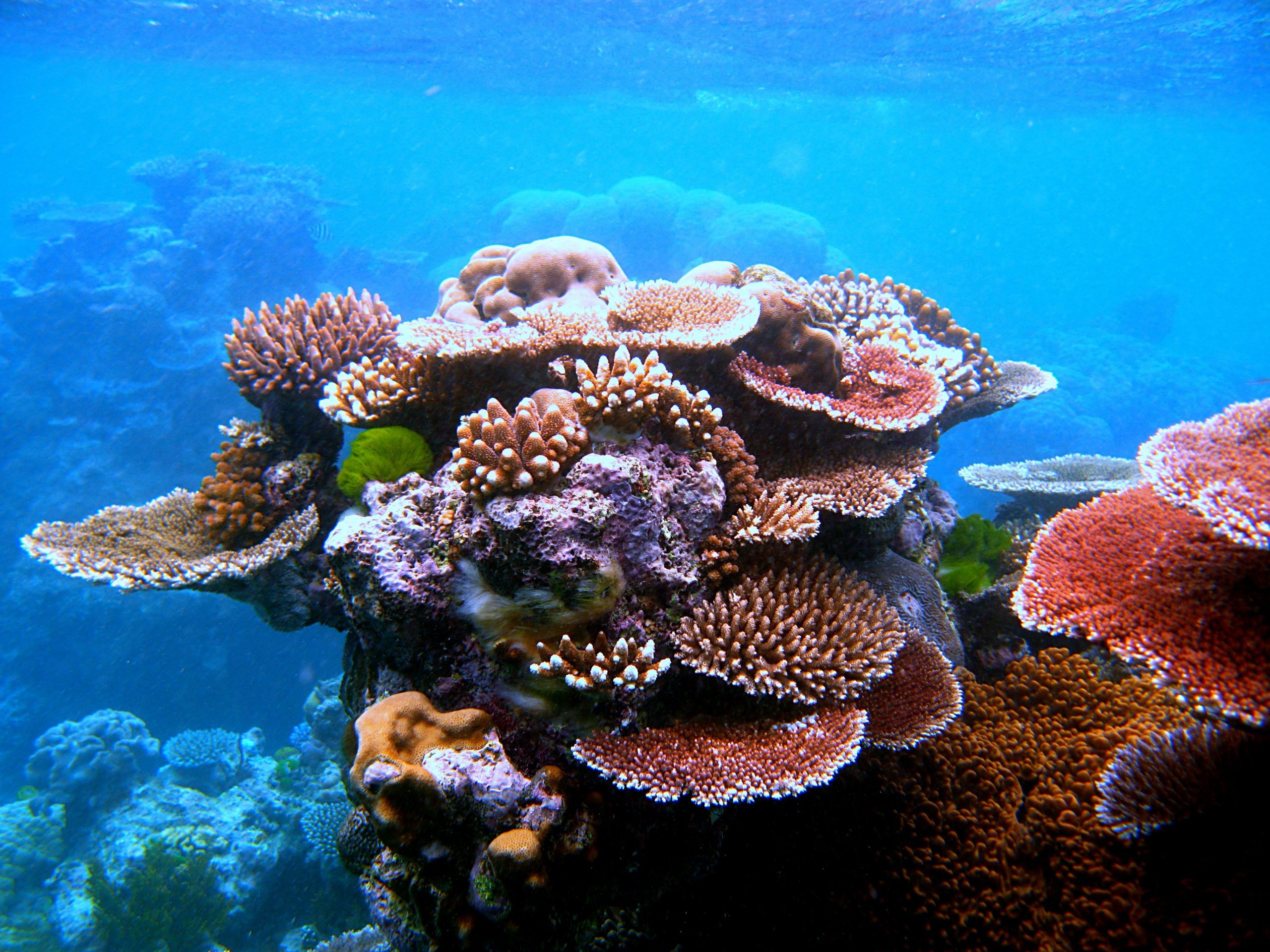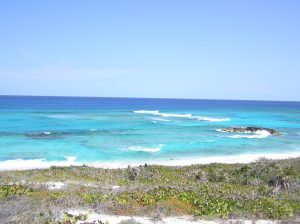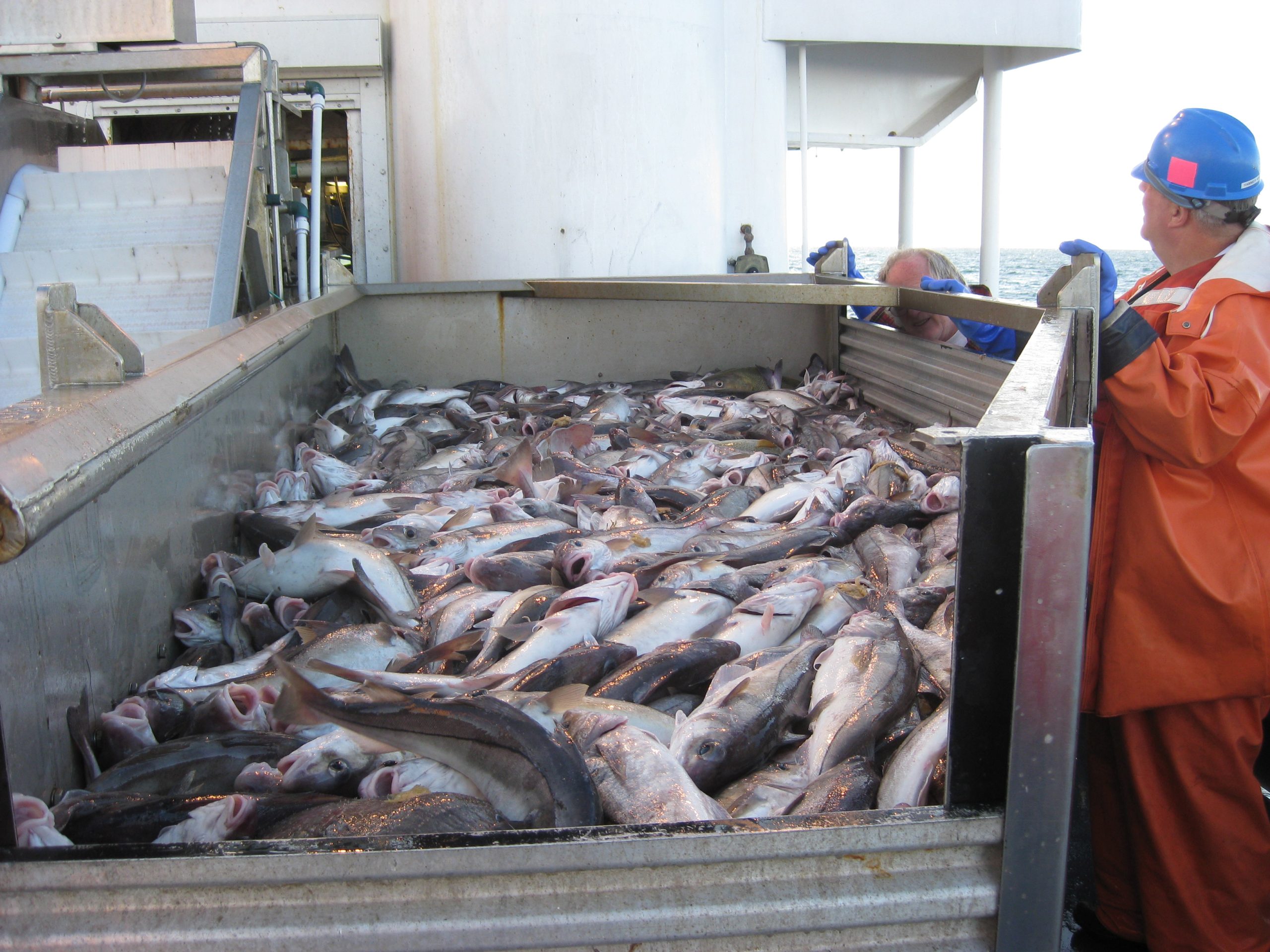7
Coral reefs are very complex ecosystems that provide valuable habitat for fish and other animals with their beautiful and unique structures. These structures provide shelter for many organisms such as fish, marine worms, clams and many other animals and plants that all play a vital role in the coral reef ecosystem. Coral reefs are important for a variety of reasons which we will discuss below.

Coral Outcrop Flynn Reef by Toby Hudson via Wikimedia [CC by 2.0]
Biodiversity:
Coral reefs are often thought of as a busy city; the buildings being made of coral and the thousands of organisms inhabiting this city acting like the humans interacting with each other and performing daily jobs. Coral reefs provide protection and shelter to nearly one-quarter of all known marine species and have evolved into one of the largest and most complex ecosystems known to humans. Coral reefs are home to over 4,000 species of fish, 700 species of coral and thousands of other plants and animals. This diversity of species provides a large gene pool giving communities more resilience during extreme environmental conditions and climate change. This is important to the overall health of an ecological community. With greater species diversity, the impact of losing any one species to extinction will be less. The enormous diversity of coral reef organisms also provides potential for new medicines or other products that may be developed from biochemicals that these organisms produce. Most coral reef organisms have not been studied for their potential benefits to medicine and industry.
Coastal Protection:
Coral reefs act as a natural barrier protecting coastal beaches, cities, and communities from the waves of the ocean. Nearly 200 million people depend on coral reefs to protect them from storm surges and waves. Without coral reefs, many buildings would become vulnerable to storm damage.

Reefs Protect Costallines by NOAA via Flicker [CC by 2.0]
Food:
Coral reefs are an important food source for the people who live near the reefs and are crucial for worlds fisheries providing them with a significant source of protein. In developing countries, the reef is said to contribute to one-quarter of the total fish catch providing food resources for tens of millions of people.

“Commercial Fisherman” by NOAA [CC by 2.0]
Medicine:
Many of the compounds now being used in human medicines are found on the coral reef with the potential of more to be discovered. A number of organisms found on reefs produce chemical compounds that have been isolated for human applications. Scientists have developed treatments for a variety of illnesses such as cardiovascular diseases, skin cancer, ulcers, and leukemia. Other compounds can help with reducing inflammation, kill viruses and relax muscles. Not only do the organisms inhabiting the coral reef provide medical treatments but the coral’s unique skeletal structure has been used for bone-grafting material.
Tourism:
Coral reef ecosystems are among the most biologically diverse and economically valuable ecosystems on Earth, as they not only support local but global economies. Through tourism (i.e. snorkeling, scuba diving, swimming) and fisheries, coral reefs generate billions of dollars, as well as jobs in more than 100 countries around the world. The annual value of the ecosystem services provided by coral reefs to millions of people is estimated to be over $375 billion. The coral reefs can indirectly bring economic value to these countries by letting visitors enjoy beaches, eat local seafood, paddleboard and sail. All of this is possible due to coral reefs acting as a buffer against waves, storms, and floods. The downside is when tourism harms the coral reefs it not only affects the organisms and the coral reefs, but local people and their economy who rely on the income from tourism.

Snorkel by Angelique800326 via Wikimedia [CC by 2.0]
A good example can be found in Bonaire, a small Caribbean island. Bonaire earns about $23 million (USD) annually from coral reef activities, yet managing its marine park costs less than $1 million per year. A study conducted in 2002 estimated the value of coral reefs at $10 billion, with direct economic benefits of $360 million per year. For residents of coral reef areas who depend on income from tourism, reef destruction creates a significant loss of employment in the tourism, marine recreation, and sport fishing industries. This large amount of money of revenue generated is being threatened by the degradation of coral reefs. As you can see there is a positive feedback loop occurring because of this situation. Many components of tourism, including recreational activities, are the cause of damage to the reefs but ironically it has been shown that ecotourism is as well.
The information in this chapter is thanks to content contributions from Haley Zanga, Marisa Benjamin, and Audrey Boraski
